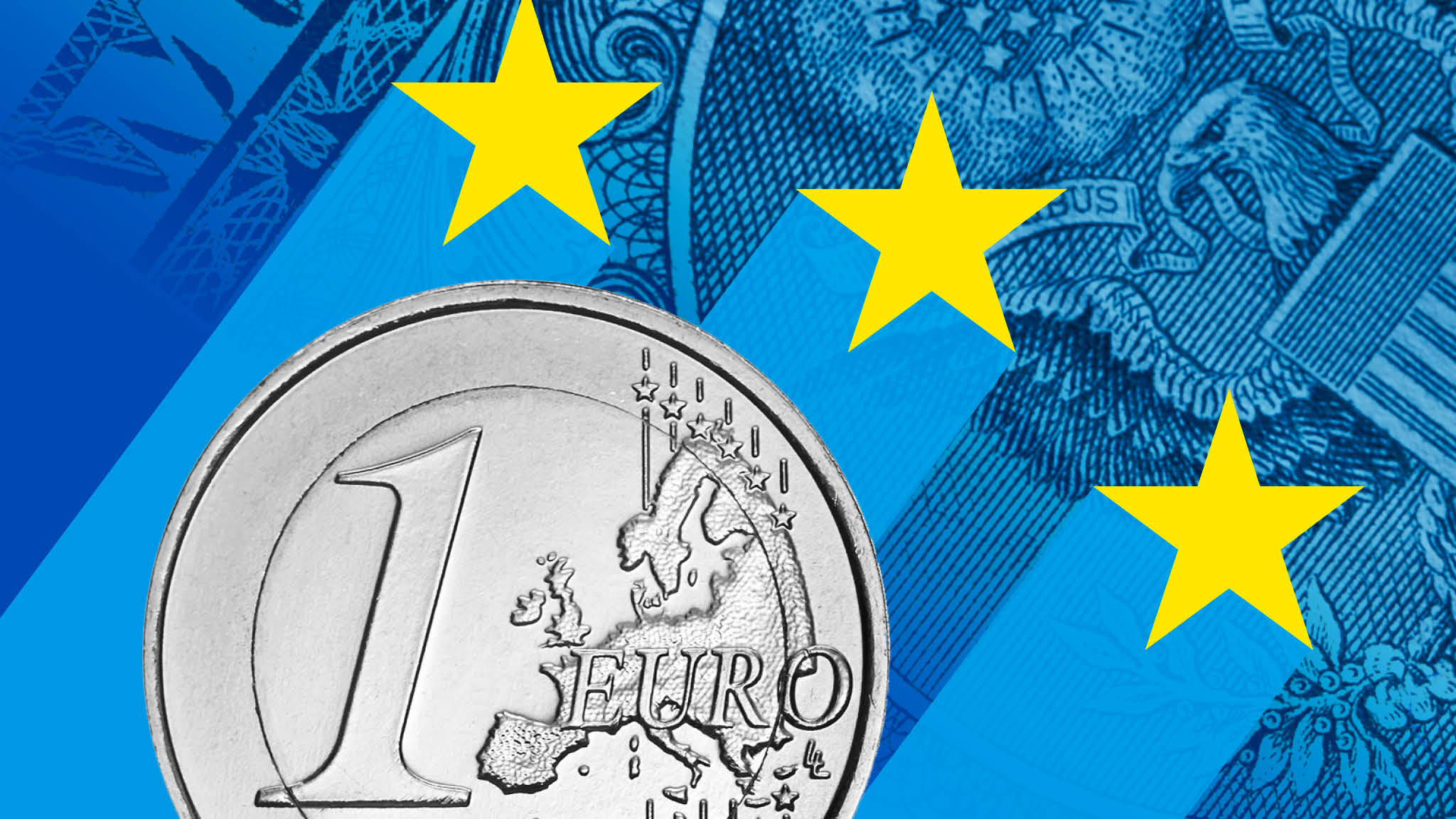

Euro zone bond yields rose on Monday as investors returned their focus to a brighter economic outlook and its implications for central bank policy following large swings following Friday’s U.S. non-farm payrolls data.
Source: Reuters
Rising crude oil prices after a major cyberattack forced the shutdown of critical fuel supply pipelines in the United States added to upward pressure on bond yields by boosting inflation expectations.
A key market gauge of long-term inflation expectations in the bloc rose above 1.56%, its highest in almost four weeks. Germany’s 10-year Bund yield briefly touched its highest level in almost a week.
“There is a very broad consensus out there for higher Bund yields, and we agree,” said ING senior rates strategist Antoine Bouvet.
“There is a visible nervousness in peripheral debt at the prospect of ECB slowing purchases down. We’re surprised the market hasn’t come to terms with it yet,” he added.
While the European Central Bank (ECB) has stepped up the pace of buying within its PEPP emergency stimulus scheme, signs that the recovery is taking hold have led some officials to talk about slowing purchases in the months ahead. ECB policymaker Martin Kazaks said on Friday the central bank could decide to reduce the pace of its emergency bond purchases in June if borrowing costs remain low.
In a sign of division among policymakers, ECB chief economist Philip Lane told a French newspaper that the ECB could still increase bond purchases in June if such a move is needed to keep borrowing conditions favourable.
Data on Friday showing the U.S. economy added just 266,000 jobs in April, a fraction of nearly a million expected, triggered big but short-lived swings in U.S. and euro zone government bonds.
Analysts said markets now appeared to be looking past those numbers and to Wednesday’s U.S. inflation data for the next clues on the U.S. economic outlook. In late afternoon trading, most 10-year bond yields in the currency bloc were flat or up around 1 basis point.
Germany’s 10-year Bund yield briefly rose to -0.192% in early trades, its highest in almost a week, before pulling back to about -0.215%, still up slightly on the day.
Germany hired a syndicate of banks on Monday to sell a 30-year green bond that will extend its yield curve of bonds backing environmentally friendly spending, according to memos from three lead managers seen by Reuters.
The bond will be launched “in the near future, subject to market conditions,” the memos said, a phrase debt management offices usually use a day before the sale.


